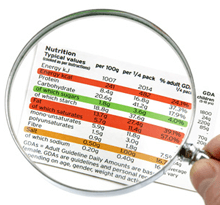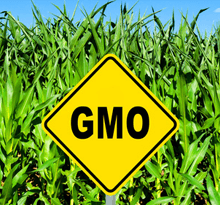 The French government has recently received clearance from the EU Commission to go ahead with plans to introduce a decree demanding companies to label the origin of diary and meat products. The decree is set to enter into force on January 1, 2017.
The French government has recently received clearance from the EU Commission to go ahead with plans to introduce a decree demanding companies to label the origin of diary and meat products. The decree is set to enter into force on January 1, 2017.
As of December 2014, the EU has a revised food information regulation that is still in force today. The regulation imposes labeling rules for certain products only, such as fresh meats. Yet Member States could enact country of origin labeling rules on other products under certain conditions, including consumer protection and public health. Any EU country wishing to impose labeling requirements in products not covered need to notify the Commission.
The French decree and, the EU Commission’s green light, allowing the French authorities to apply the measure threaten the food industry. Especially since France is not an isolated case. Other countries intend to implement similar rules. Italy, Portugal and Lithuania have recently notified the Commission about similar proposals.
Origin labeling schemes applied across several Member States would impose extra burdens to the food industry. They also threaten the single market ideals.

 The EU Commission, via the Standing Committee, met for the first time recently for an exchange of views with Member States over the cultivation authorization in the EU of two new GMOs. Other GMOs will be discussed shortly as the Committee plans to hold other meetings during 2016.
The EU Commission, via the Standing Committee, met for the first time recently for an exchange of views with Member States over the cultivation authorization in the EU of two new GMOs. Other GMOs will be discussed shortly as the Committee plans to hold other meetings during 2016. The European Parliament has recently – via a widely supported resolution – condemned the abuses carried out by the Bahraini authorities.
The European Parliament has recently – via a widely supported resolution – condemned the abuses carried out by the Bahraini authorities.